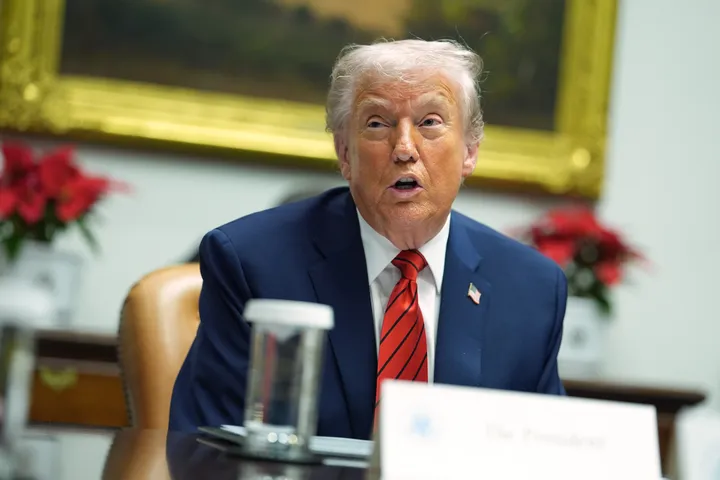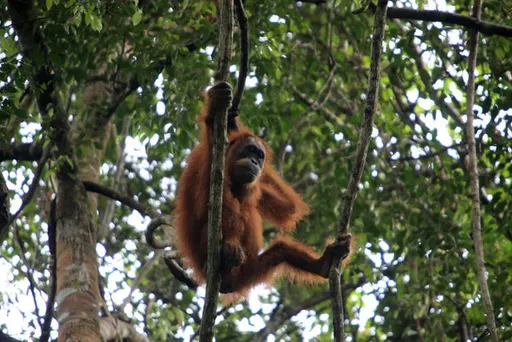Under the shadow of the coronavirus pandemic, India's far-right government led by Prime Minister Narendra Modi has slyly launched a crackdown on dissidents.
Several civil society activists, journalists and community organisers have been targeted with notorious anti-terror laws at a time when the country is grappling with the pandemic.
A 27-year-old research scholar, Safoora Zargar, from New Delhi, who's also pregnant, was arrested on April 10 on the charge of being a "conspirator" in the February violence that killed at least 53 people, mostly Muslims, in the city's eastern territories.
Zargar, a Muslim by faith, was reportedly one of the organisers of peaceful protests against the Modi government’s draconian citizenship bill, which grants Indian citizenship to people from all faiths except Muslims in the sub-continent. In November last year, the Modi regime could not address the core concern of the country's 200 million Muslim minority and tens of thousands of secular-minded Hindus who saw the new citizenship law or the Citizenship Amendment Act (CAA) and the subsequent National Register of Citizens (NRC) as tools to strip Muslims of citizenship rights. The government's unwillingness to come clean on the issue led to protests in different parts of the country, with New Delhi's Shaheen Bagh turning into the main bastion.
With the arrest of Zargar, who's in the crucial second trimester of her first pregnancy, and the launch of criminal investigations against several other activists, questions have arisen about whether the Modi government is using the cover of Covid-19 pandemic to "execute an alarmingly authoritarian shakeup of [Indian] democracy".
Similar draconian measures are being applied to the UN-disputed territory of Jammu and Kashmir, where India's far-right government removed political autonomy in August last year by enforcing a military curfew and arresting top politicians, former chief ministers and leaders of anti-India separatist movement.
Three journalists from Jammu and Kashmir were recently targeted with the Unlawful Activities Prevention Act (UAPA), a law that was recently passed on August 2 last year, two days before the Modi government snatched the autonomy of the disputed region.
One of the key weapons the Modi government is using to silence dissent in the country and the disputed Jammu and Kashmir region is social media surveillance.
Police departments across the country have set up separate divisions to examine all the critical content shared on Twitter, Facebook and other social media accounts. In India-held Jammu and Kashmir region, the government calls it "purification," insinuating that their critics are nothing but “pollutants”.
For Shrimoyee, an Indian activist who has worked on human rights in Kashmir, the Modi's government social media policy in Jammu and Kashmir is a "perfect example of “get them by the balls and hearts and minds will follow” one of the key and unsaid rules the Indian security establishment has reportedly applied in the disputed region.
























